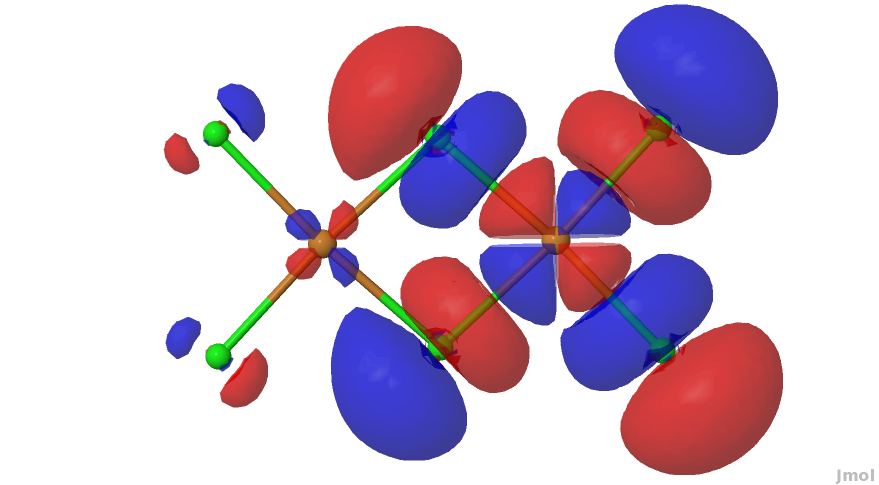Introduction to theoretical/ computational chemistry

Theoretical chemistry offers new tools and approaches for studying, investigating, understanding and predicting chemistry. Theoretical Chemistry explains chemistry, physics, biology at atomistic levels.
Information unseen by experimental methods, mechanisms not identified, atomic or molecular properties that seem 'odd' are all explained via theoretical chemistry. Theoretical Chemistry investigates matter into atomic level, taking into consideration atomic orbitals, energies that are the sole factors that determine physical and chemical properties. Different levels of prediction accuracy can be used and adequate computational power is required. Theoretical Chemistry/ Computational Chemistry is the greatest breakthrough of the last decades; it offers tremendous possibilities into understanding phenomena and predicting properties and structures, without the need of endless experimental work. It allows for material creation on a theoretical basis so that novel materials can be conceived and designed much earlier than their random discovery.
This seminar is pecifically designed to provide a general introduction to computational chemistry tools and present the theoretical approaches (theories) involved. It aims at presenting all capabilities of state of the art computational chemistry packages. Specifically designed for chemists, chemical engineers, physicists and biologists.
Objectives:
By the end of the course, participants should have:
- A broad knowledge of theoretical chemistry approaches
- Identified all potential uses of computational tools
- Understood all advantages of computational chemistry tools, including the huge time gain due to minimization of laboratory work and experimentation
- Been presented with some of the most efficient computational tools available
- Examined ways to calculate physical and chemical properties of substances
- Gained insight in model building and physical / chemical processes simulation
Contents:
Theoretical Chemistry:
- Introduction to theoretical chemistry
- Ab Initio, DFT, Semi Empirical, Monte Carlo, Molecular Dynamics
- Advantages and applications
- Energy surfaces
- Force fields
- Programming Theoretical Chemistry
Modeling of 3D chemical structures
- Periodic table
- Auto build
- Graphical User Interfaces [GUI]
- 3D models
- Structural characteristics
- Chemical Characteristics
- Electronic properties
- Polymers
- New substances creation
Process simulation/ case studies:
- ideal gases
- real fluids
- adsorption
- catalysis
- protein folding
- steric hindrances
- polymeric behavior
- diffusion
- chemical equilibrium
- solvation
Published works:
- examples of applications
- case studies published
Who should attend?
- - Chemists, Chemical Engineers, Physicists, Biologists
- Laboratory personnel/ researchers
- Research groups
This seminar is delivered in-house and in different venues around the world. This seminar can be a CPD certified seminar [20 hours] or not, depending on clients' requirements.
